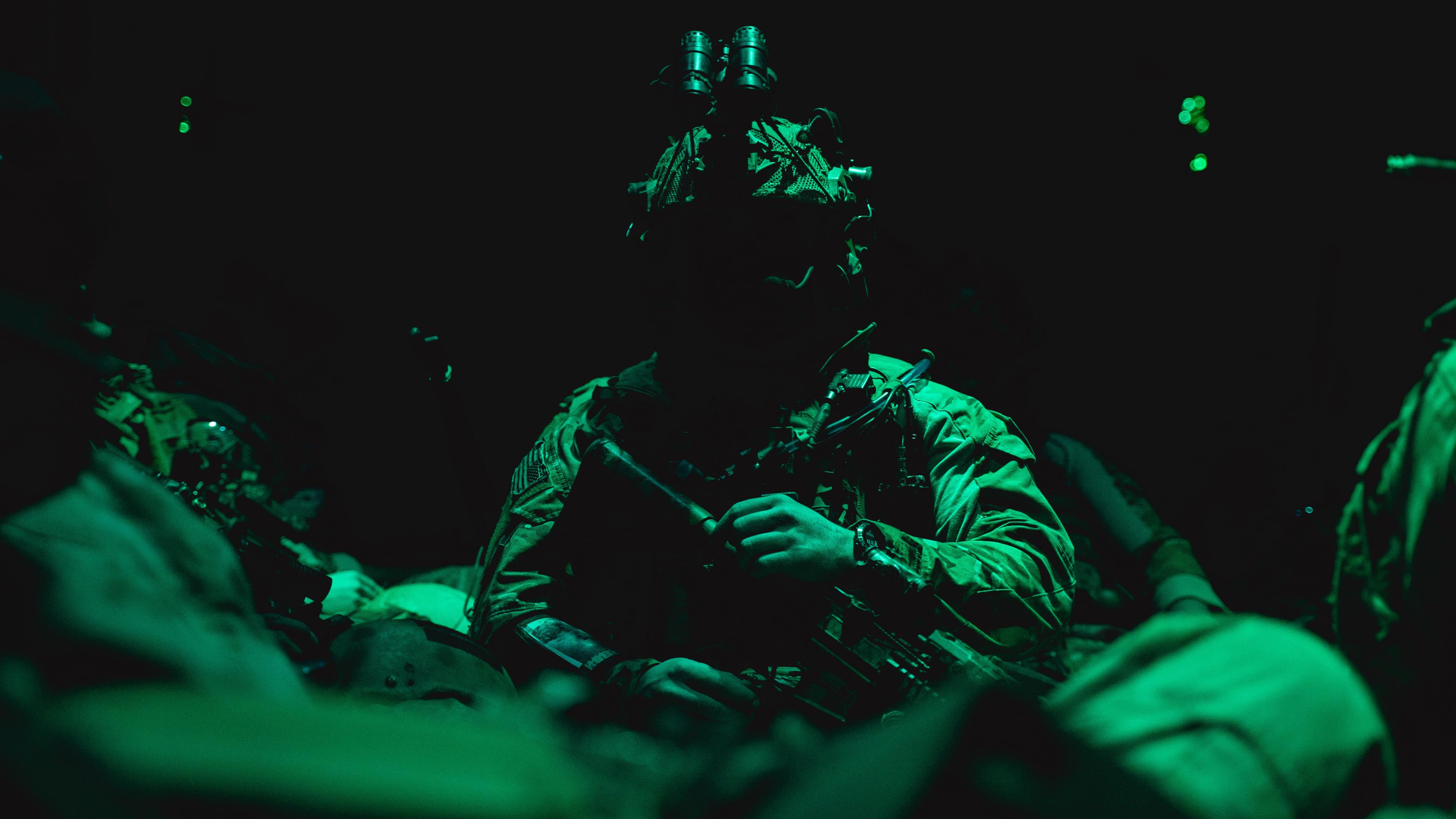Special Operations Forces Adapt for Future Fights
Special Operations Forces Adapt for Future Fights

As the U.S. military enters a new era of global competition, special operations forces will need to adapt in kind, according to a panel of authors who have written extensively about these troops.
America is at a national security crossroads, said N.W. Collins, author of Grey Wars: A Contemporary History of U.S. Special Operations.
“As a country, are we prepared to advance with resolve to strengthen our global footprint? To create dilemmas and impose costs on our adversaries, to identify new strategic investments and to come together in common values in this time of grey wars?” Collins said Dec. 9 during an Association of the U.S. Army Thought Leaders webinar.
The webinar also featured Jessica Donati, author of Eagle Down: The Last Special Forces Fighting the Forever War, and Tony Brooks, a former member of the 75th Ranger Regiment and author of Leave No Man Behind: The Untold Story of the Rangers’ Unrelenting Search for Marcus Luttrell, the Navy SEAL Lone Survivor in Afghanistan.
Global conflict will look different moving forward, Collins said, and the U.S.—and its special operators—will increasingly find itself in conflicts that exist in the space between war and peace.
Special operations will continue to play a vital role in the era of great-power competition, Brooks said.
“Coming from the 75th Ranger Regiment, I've watched that unit evolve rapidly over the past two decades from a more conventional style airfield seizure unit to a modern, urban warfare, counterterrorism group,” Brooks said. “The investment in the [special operations] community has … expanded.” a
For Brooks, the decision to write his book was a deeply personal one. For the special operators involved in the rescue and recovery mission of Turbine 33, telling their story was empowering, Brooks said.
Turbine 33 was the quick-reaction force that was on its way to rescue a compromised Navy SEAL reconnaissance team in northeastern Afghanistan in 2005. Turbine 33—an MH-47 Chinook carrying eight SEALs and eight soldiers from the 160th Special Operations Aviation Regiment—was struck by a rocket-propelled grenade, leading commanders to call in the 75th Ranger Regiment for the search and recovery mission.
“Special operators, in general, we don’t … like telling our stories, so getting all of my friends and colleagues to be OK with me telling our story was a challenge,” he said. “Our story had never been told correctly. Someone had to tell the story from our perspective.”
Moving forward, Brooks said the U.S. will have to adapt its national security strategy and regain trust in the wake of what Collins described as the “strategic fumbles of the last five years.”
“It’s going to take years to rebuild our reputation around the world, and it’s going to take leaders in the military to be much more diligent in operational planning, because when they’re deployed to conduct a mission, it’s more than just the mission at hand,” Brooks said. “The world is watching us now.”
Despite existing challenges, special operations forces are prepared to meet them, Collins said.
“I think that current Army special operations forces leadership has demonstrated the skills, the talents, the ideas, the approaches that are required for today’s fight,” she said.

